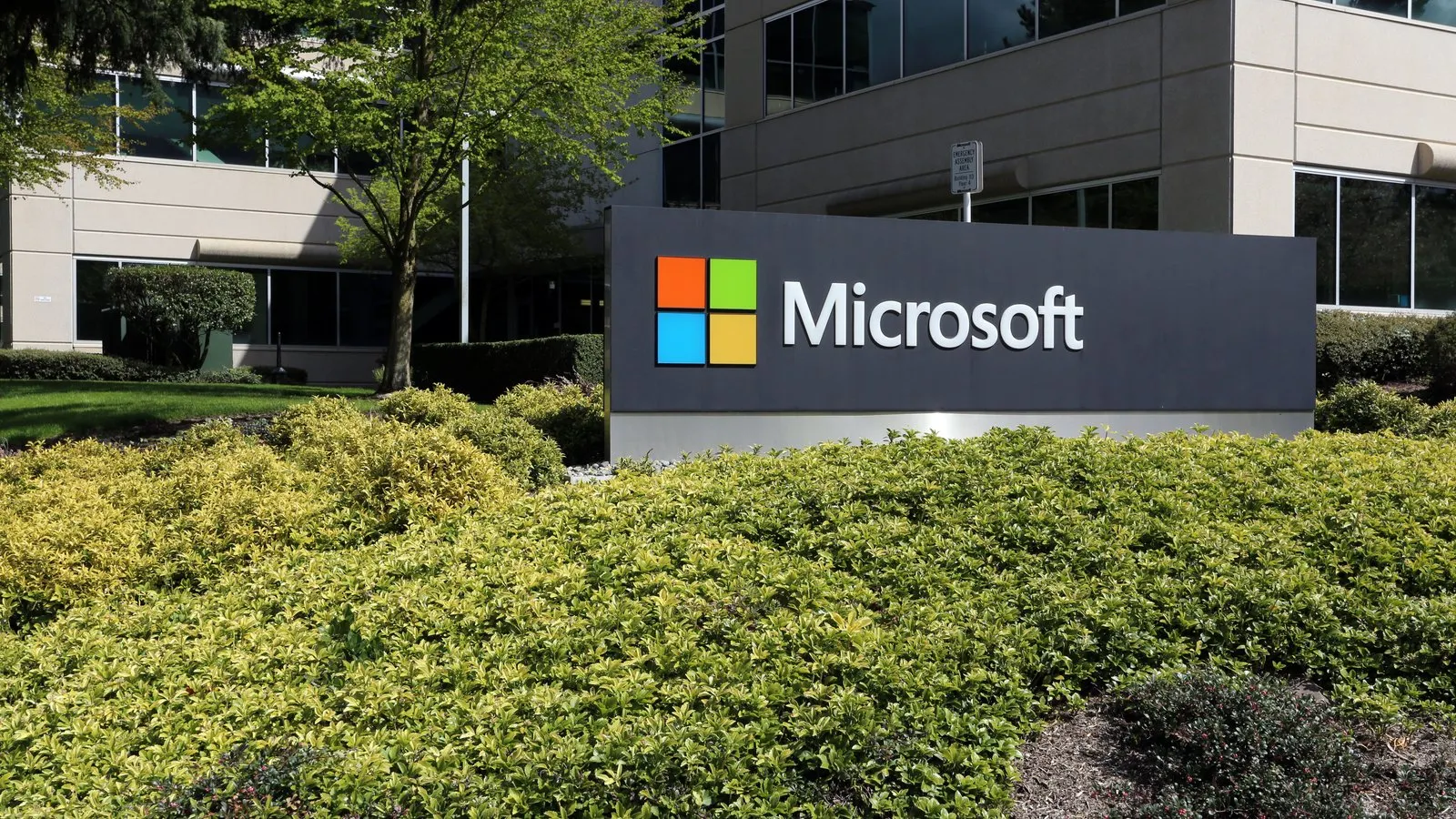We do the research, you get the alpha!
New information has come to light showing that Microsoft shareholders strongly opposed a proposal on Tuesday to invest in Bitcoin, even though the asset was described as an effective inflationary hedge.
Merely 0.55% of shareholders supported a proposal for buying and holding Bitcoin. The leading crypto by market capitalization surpassed $100,000 per coin once again on Wednesday.
According to the annual Microsoft Investor Relations report, 28.234 million Microsoft shareholder votes were cast in favor of the proposal, compared to an overwhelming 5.148 billion against, with 22.6 million abstentions.
Microsoft’s board of directors urged shareholders to vote down the proposal ahead of the shareholder vote, citing the cryptocurrency’s volatility.
“Bitcoin is a more volatile asset, at the moment than corporate bonds, so companies should not risk shareholder value by holding too much of it,” Microsoft said during the shareholder meeting.
“However, as Bitcoin is an excellent, if not the best, hedge against inflation and corporate bond yields are less than the true inflation rate, companies should also not risk shareholder value by ignoring Bitcoin altogether.”
While the majority of shareholders rejected the proposal, Microsoft acknowledged that companies should evaluate the benefits of holding at least 1% of their assets in Bitcoin.
Shifting winds
The Microsoft shareholder's ultimate vote comes as several companies begin to stack the asset on their balance sheets this year as part of their corporate strategies.
Earlier this month, healthcare technology company, Semler Scientific, added $30 million in Bitcoin. On Monday, the National Center for Public Policy recommended Amazon convert at least 5% of its assets into Bitcoin. A decision is expected sometime next year in the Spring.
Microsoft highlighted Microstrategy as the largest private Bitcoin holder. This company recently acquired an additional $1.5 billion in Bitcoin, bringing its total holdings to 423,650 BTC, valued at approximately $42 billion.
“Microstrategy—which, like Microsoft, is a technology company, but unlike Microsoft, holds Bitcoin on its balance sheet—has had its stock outperform Microsoft stock this year by 313% despite doing only a fraction of the business that Microsoft has. And they’re not alone,” according to a proxy statement.
“The institutional and corporate adoption of Bitcoin is becoming more commonplace. Microsoft’s second-largest shareholder, BlackRock, offers its clients a Bitcoin ETF.”
Despite rejecting the Bitcoin proposal, Microsoft noted that it evaluates a wide range of assets to invest. Microsoft’s Global Treasury and Investment Services team said it will continue to monitor trends related to Bitcoin and cryptocurrency “to inform future decision-making.”
“As the proposal itself notes, volatility is a factor to consider in evaluating cryptocurrency investments for corporate treasury applications that require stable and predictable investments to ensure liquidity and operational funding,” Microsoft said.
Edited by Sebastian Sinclair





